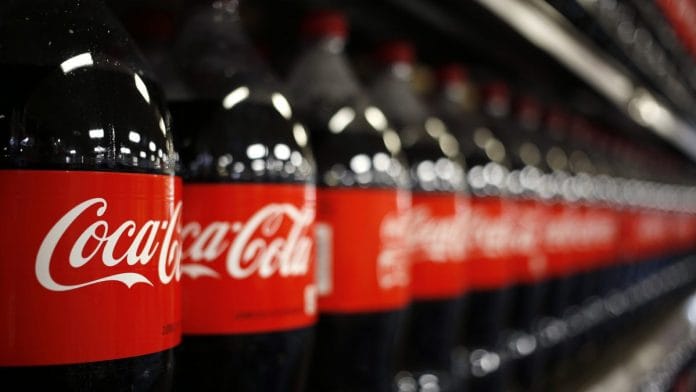Plastic has transformed many aspects of daily life, from keeping food fresh to ensuring medical supplies stay sterile.
But in recent years it has become public enemy number one – almost entirely because of the way it is dealt with after it has been used. Buried in landfill, it will stay there for hundreds of years. It releases toxic fumes into the atmosphere if incinerated. And far too much ends up in the world’s oceans.
Stemming the tide of plastic pollution calls for a combination of measures. One of which will be finding alternatives to some of the commonest uses of traditional plastic, such as the drinks bottle – something two of the giants of the global beverage world are taking steps to do.
At the World Economic Forum’s Annual Meeting of the New Champions in Dalian, China, this July, Shell Huang Xiaoyan, Vice-President, Research and Development, Asia at Coca-Cola showed off one of the company’s new plant-based plastic alternatives. She described developing the PlantBottle as the “biggest honour” in her career.
It’s a 100% recyclable material, and since its initial launch in 2009 it has helped Coca-Cola reduce its emissions by the equivalent of one million vehicles. Now, the company has opened the bottle’s patent to the public so other developers and manufacturers can use it.
Meanwhile, PepsiCo – that other giant of the food and beverage world – is also making headway in rethinking its packaging materials.
Its Aquafina water brand will be available in aluminium cans, rather than plastic bottles. Lifewtr will be packaged in recycled polyethylene terephthalate (rPET) and Bubly sparkling water will no longer be packaged in plastic at all.
The company also has a series of sustainable packaging goals it hopes to hit by 2025, including designing all of its packaging to be recyclable, compostable or biodegradable.
Coca-Cola and PepsiCo’s advances aren’t the only examples of new materials that offer potentially more environmentally friendly alternatives to conventional packaging.
There are straws made from seaweed, bags that dissolve in water, and a film made from crab shells and cellulose that its makers say can outperform plastic at keeping food fresh.
Tackling the problem of plastic pollution, though, will also need a series of joined-up interventions, while accepting that it continues to play a vital role in 21st-century life.
That’s likely to call for grassroots clean-up campaigns, better and more consistent recycling infrastructure and policies, and a reduced reliance on single-use plastic in all but essential cases.
Also read: You eat a credit card’s worth of plastic a week, finds research







Both are basically owned by the same group holding shares on both sides. The main players are just doing the drama of shadow boxing to fool the world.